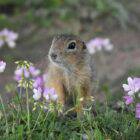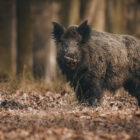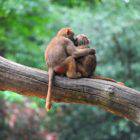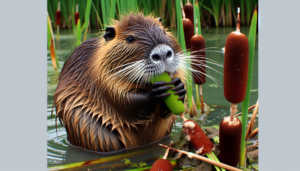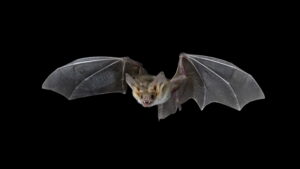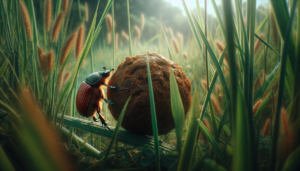Why do raccoons wash their food?
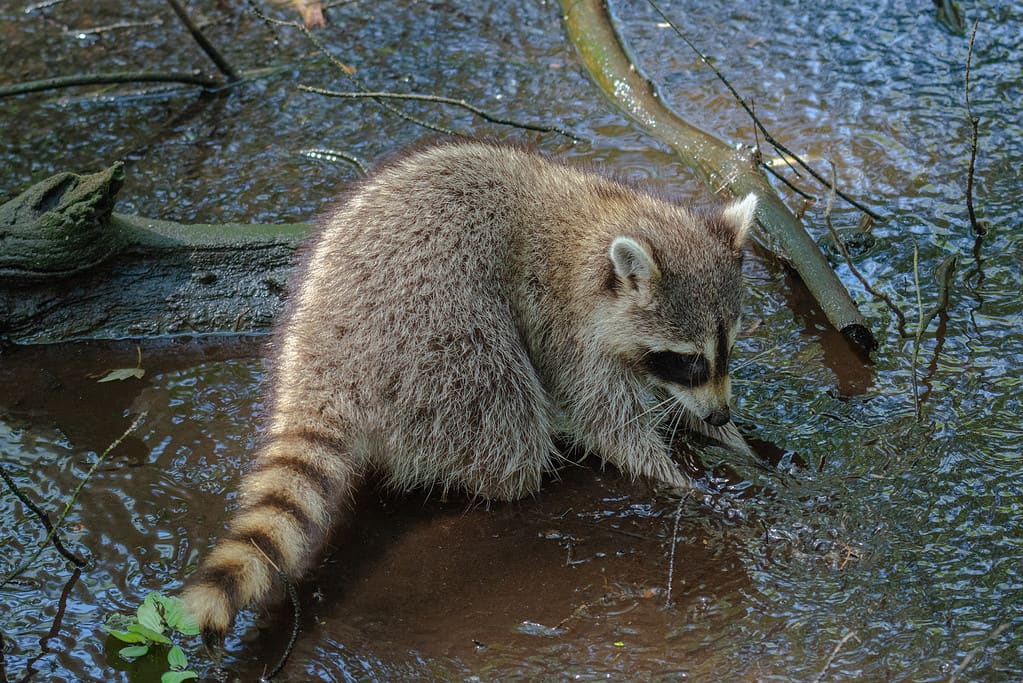
Raccoons, endearing and adaptable creatures found in North and Central America, have a behavior that has long intrigued scientists and observers alike: the habit of “food washing“.
These masked bandits are known for their dexterity, intelligence, and curious habit of repeatedly dunking their food in water or rubbing it with their paws. This behavior, often mistaken as washing, is an interesting and adaptive behavior that serves multiple purposes in the life of these resourceful animals.
The act of “food washing” in raccoons is not always about cleaning their food, as commonly assumed. While they might dip their food items in water, the primary function of this behavior is more intricate and multifaceted.
Raccoon diet
In the wild, raccoons are opportunistic omnivores, meaning they consume a diverse diet consisting of both plant and animal matter. Their diet can vary depending on the season, habitat, and availability of food sources.
Raccoons readily consume a variety of fruits and berries, including apples, grapes, blackberries, and cherries. They may feed on vegetables such as corn, potatoes, and squash, especially if they are accessible in gardens or agricultural fields.
Raccoons are also skilled hunters of insects, worms, snails, and other small invertebrates found in their environment. They are capable of catching and consuming small vertebrates like frogs, fish, mice, and birds.
Raccoons are known to raid bird nests and steal eggs, making them a part of their diet. They also scavenge for carrion, feeding on the carcasses of animals that have died from various causes, and urban and suburban areas, often raiding garbage cans and dumpsters for leftover human food scraps.
Overall, the adaptable nature of raccoons allows them to exploit a wide range of food resources, making them highly successful and versatile foragers in various ecosystems.
Sensitive paws
The behavior observed in raccoons can be attributed to the exceptional sensitivity and nimbleness of their paws.
Raccoons possess forepaws that are remarkably dexterous, equipped with a high concentration of touch receptors akin to those found in human hands. These sensitive appendages enable raccoons to thoroughly explore their surroundings and manipulate objects with remarkable precision.
In the context of food handling, raccoons display a fascinating behavior of wetting or dunking their food in water. This action serves a crucial purpose in enhancing their tactile perception.
By moistening the food, raccoons effectively augment their ability to perceive its texture and consistency more keenly. This heightened tactile sensitivity aids raccoons in discerning the edibility and overall quality of the food they are preparing to consume. Such behaviors underscore the sophisticated adaptive strategies employed by raccoons to thrive in their environment.
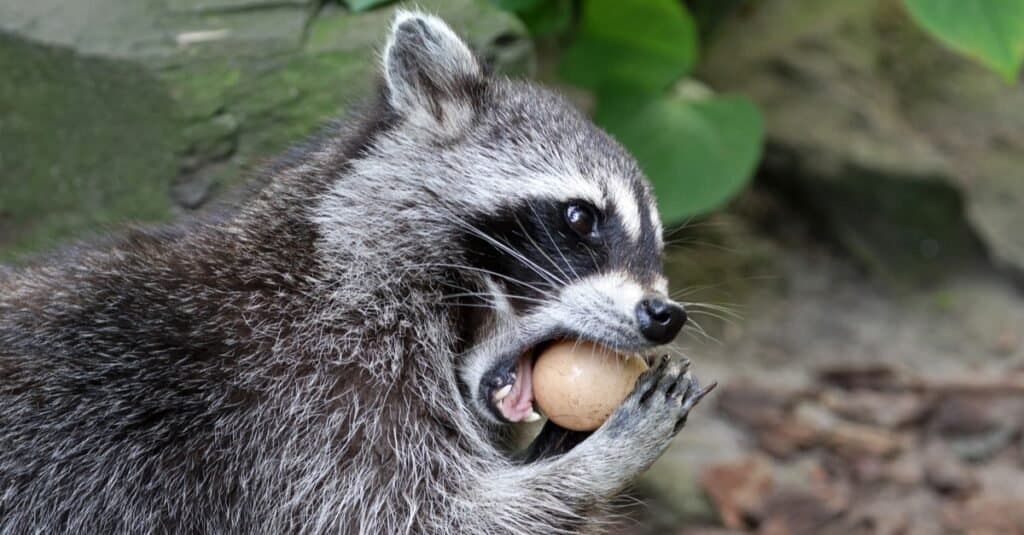
Soften food
The water-soaking action softens certain foods, making them easier to handle or consume. Raccoons are omnivorous creatures and have a diverse diet. Some foods, like hard fruits or eggs, become more pliable when soaked, facilitating easier consumption.
The behavior of wetting their food also helps in removing debris, such as dirt, dust, or sand, which might be coating the food items. While raccoons are not genuinely “washing” their food, the action of moistening it can indeed help in removing undesirable particles, thereby enhancing the palatability of the meal.
Another reason behind this behavior is linked to their nature as semi-aquatic animals. Raccoons have an affinity for water and are excellent swimmers. Being creatures associated with riparian habitats, they might have evolved this behavior as a result of their environment. This innate inclination towards water could explain why they choose to “wash” their food in streams, puddles, or any available water source.
Not only raccoons
The behavior of wetting or “washing” food items is not exclusive to raccoons. Some other animals, such as otters and certain primates, exhibit similar behaviors, albeit for different reasons. In the case of otters, they may moisten their fur to maintain its insulating properties, while certain primates dip their food in water for improved taste or to attract a mate.
However, not all raccoons display this behavior, and individual habits might differ based on factors such as habitat, diet, and learned behaviors.
The behavior of raccoons “washing” their food is a fascinating aspect of their adaptive behavior. The dexterity and intelligence displayed while washing food shed light on the resourcefulness and adaptability of the raccoon, offering a glimpse into the complex and varied strategies that animals evolve to survive and thrive in their environments.



